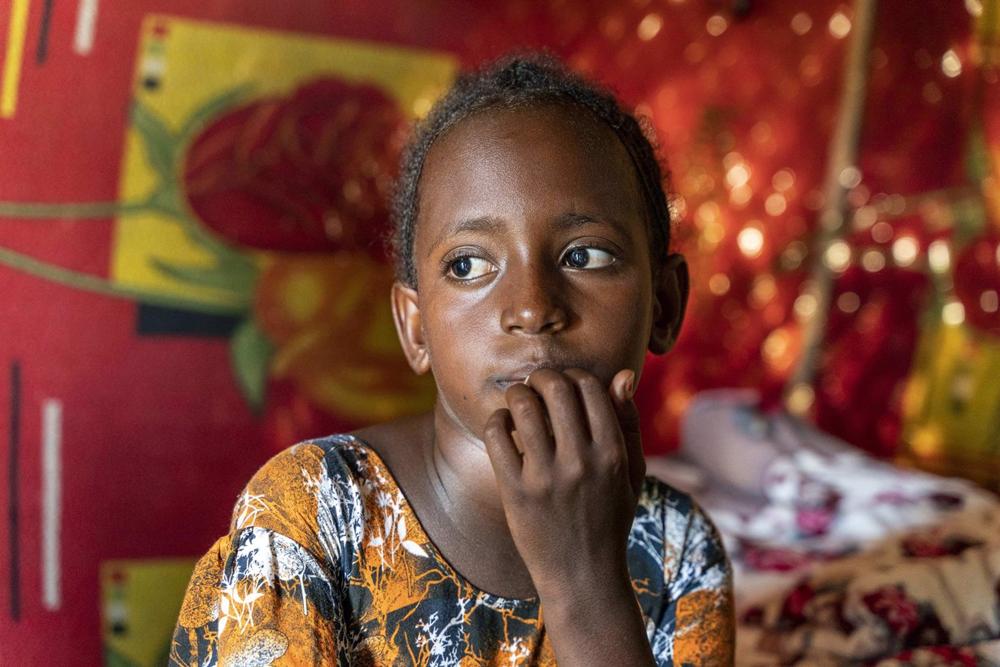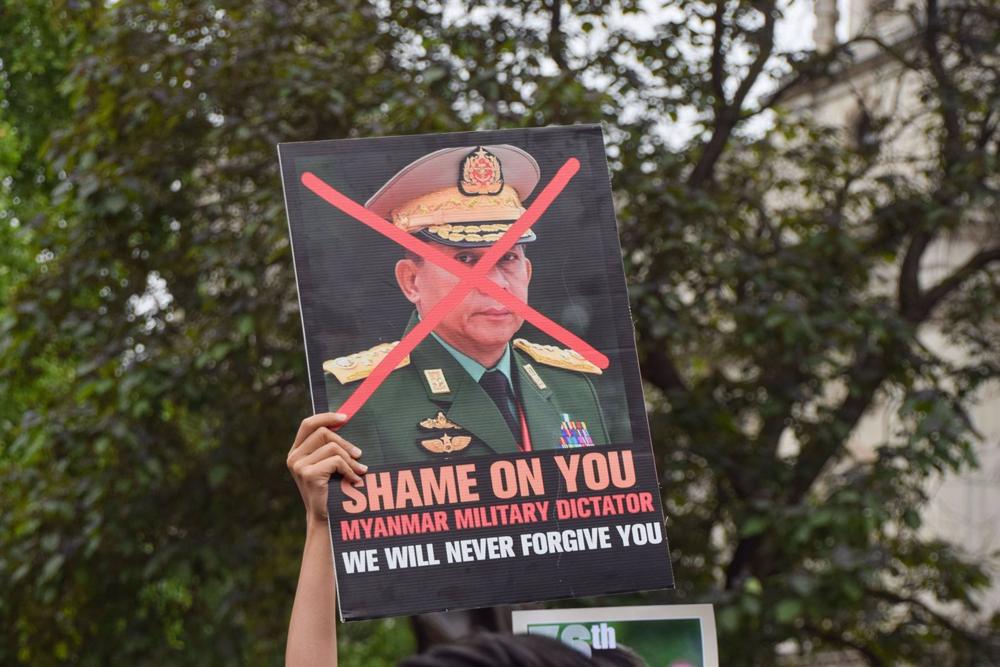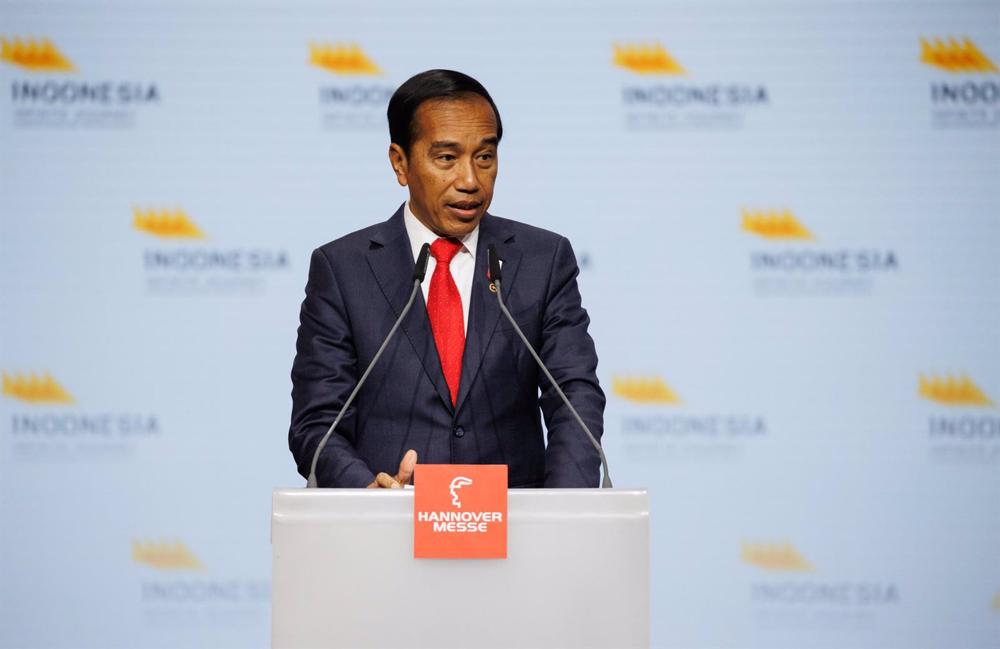
The Tigray People’s Liberation Front (TPLF) has accused the Eritrean Army of «continuing to rampage» despite a cessation of hostilities agreement signed between the Ethiopian government and the group to end the conflict unleashed in November 2020 in the northern Tigray region.
«While our forces are doing their best to honor the Pretoria and Nairobi agreements, Eritrean forces continue to rampage, killing children and women at will, looting and destroying property,» said the group’s spokesman, Getachew Reda.
He said in a series of messages on his Twitter account that Eritrean troops «summarily executed hundreds of women and children in May Abay last week», before stressing that «it is obvious that Eritreans have no appetite for a peaceful settlement between the central government and Tigray».
Getachew said that the Eritrean government «will stay the course with its nefarious plans for the Horn of Africa» and stressed that «the question is whether the peace partners in Addis Ababa will keep their side of the bargain to protect civilians and convince outside forces to leave Tigray».
«It is our hope and expectation that they will fulfill their part of the agreement. The international community, for its part, must keep up the pressure,» the TPLF spokesman said, after Addis Ababa recently noted that it is complying with all points of the agreement with the group.
Thus, the head of the Government Communications Service, Legesse Tulu, defended on Sunday that «no preconditions have been set for the implementation of the Pretoria peace agreement, so it will be implemented according to the agreed clauses».
«Peace will be guaranteed only through principles and law,» he said, while stressing that «the implementation of the peace agreement is the only existing option,» as reported by the Ethiopian television channel Fana.
The conflict in Tigray broke out in November 2020 following an attack by the TPLF against the main army base in Mekelle, after which the government of Prime Minister Abiy Ahmed ordered an offensive against the group after months of political and administrative tensions, including the TPLF’s refusal to recognize an electoral postponement and its decision to hold regional elections outside Addis Ababa.
The TPLF accuses Abiy of whipping up tensions since coming to power in April 2018, when he became the first Oromo to accede to office. Until then, the TPLF had been the dominant force within Ethiopia’s ruling coalition since 1991, the ethnically-supported Ethiopian People’s Revolutionary Democratic Front (EPRDF). The group opposed Abiy’s reforms, which it saw as an attempt to undermine its influence.






